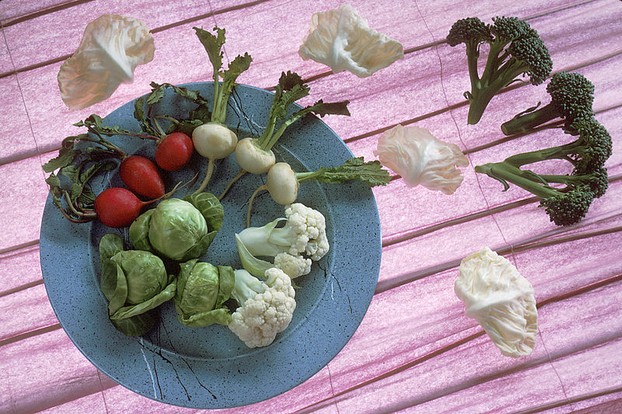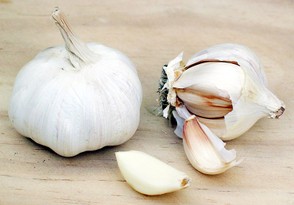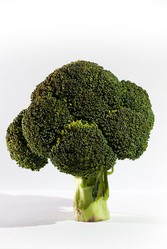People suffering from painful osteoarthritis, usually but not always the elderly, have been given new hope recently by scientific researchers at the United Kingdom’s University of East Anglia (UEA). A three-year study was launched at the University in 2010, funded by Arthritis Research UK and the Diet and Health Research Industry Club (DRINC). The research could be reaching its conclusions soon.
Whilst broccoli has been thought by some scientists to reduce the risk of cancer, this new research at UEA will investigate ways in which certain aspects of this popular vegetable might positively affect osteoarthritis.












 How to Choose a Walking Cane or Stickon 08/01/2014
How to Choose a Walking Cane or Stickon 08/01/2014
 Michael Miller Fabulous Fabric Swatches for Quilting, Crafts etcon 07/02/2014
Michael Miller Fabulous Fabric Swatches for Quilting, Crafts etcon 07/02/2014
 The Drama of Life in the Rock Poolon 06/08/2014
The Drama of Life in the Rock Poolon 06/08/2014
 The Flâneur - Symbol of Modernity in 19th Century Parison 05/09/2014
The Flâneur - Symbol of Modernity in 19th Century Parison 05/09/2014



Comments
A good article. Here is a tip for growers. Broccoli is resistant to frost until minus 18, so if you live in a frost prone area take precautions,such as protecting it by cloches.
I didn't know this about broccoli. So many people, younger or older, are struggling with osteoarthritis in the knees. A few years ago I had pain in one knee when I walked up some stairs. Then it went away. I did take various pills to regenerate cartilage in the body, though, as I also have two hernias in my back. Anyway, good news about the broccoli, especially as it's an easy go-to ingredient for me when I make pasta :)